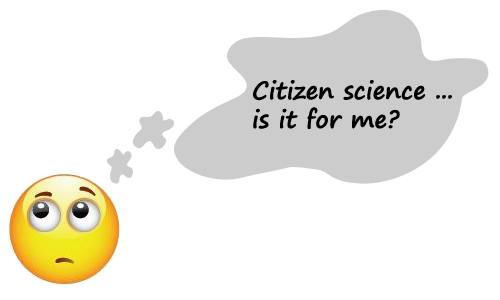 The UKEOF-funded report Understanding Motivations for Citizen Science included a useful summary of the barriers and challenges to stakeholder participation in citizen science projects. Here we have adapted the original table in order to reveal the key barriers faced by science, policy and practice stakeholders. Whilst these are not exhaustive summaries, this information will be useful for anyone looking to collaborate with other stakeholder groups on a citizen science or crowdsourcing initiative, as well as identify potential challenges in advance.
The UKEOF-funded report Understanding Motivations for Citizen Science included a useful summary of the barriers and challenges to stakeholder participation in citizen science projects. Here we have adapted the original table in order to reveal the key barriers faced by science, policy and practice stakeholders. Whilst these are not exhaustive summaries, this information will be useful for anyone looking to collaborate with other stakeholder groups on a citizen science or crowdsourcing initiative, as well as identify potential challenges in advance.
Key:
![]() Science-related stakeholder
Science-related stakeholder
![]() Policy & evidence stakeholder
Policy & evidence stakeholder
![]() Practice-based stakeholder
Practice-based stakeholder